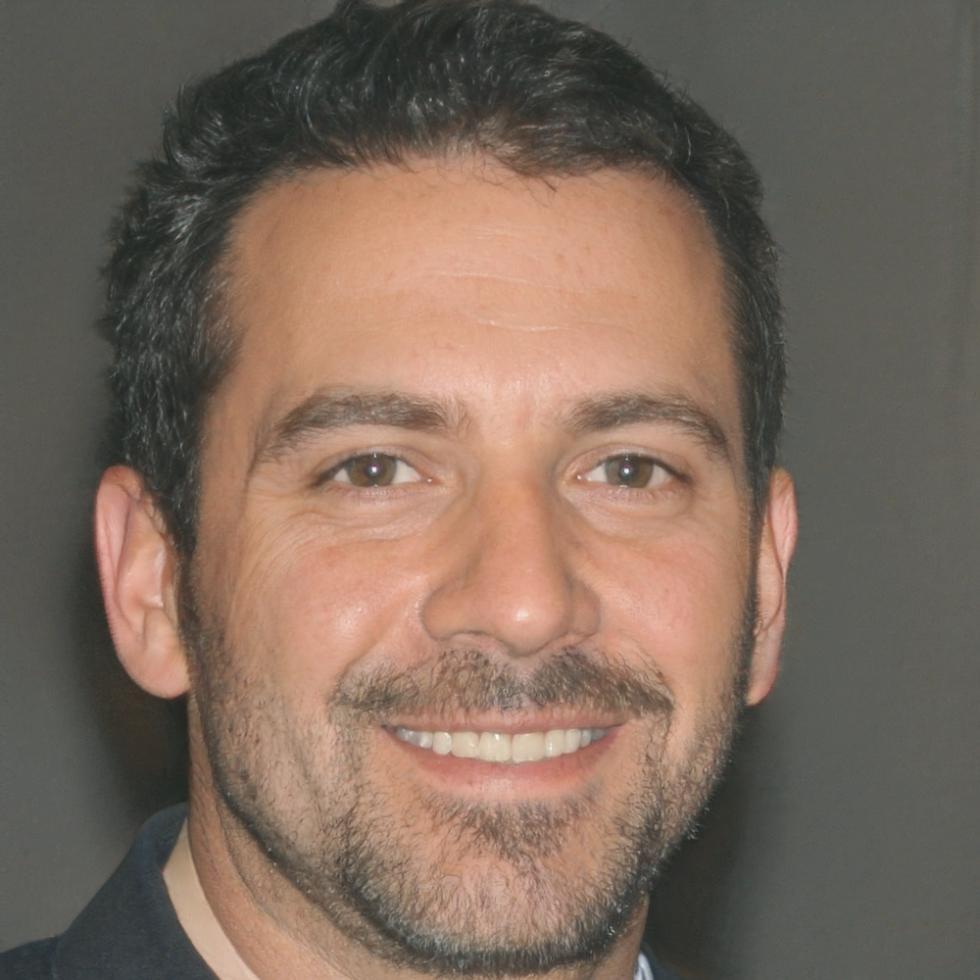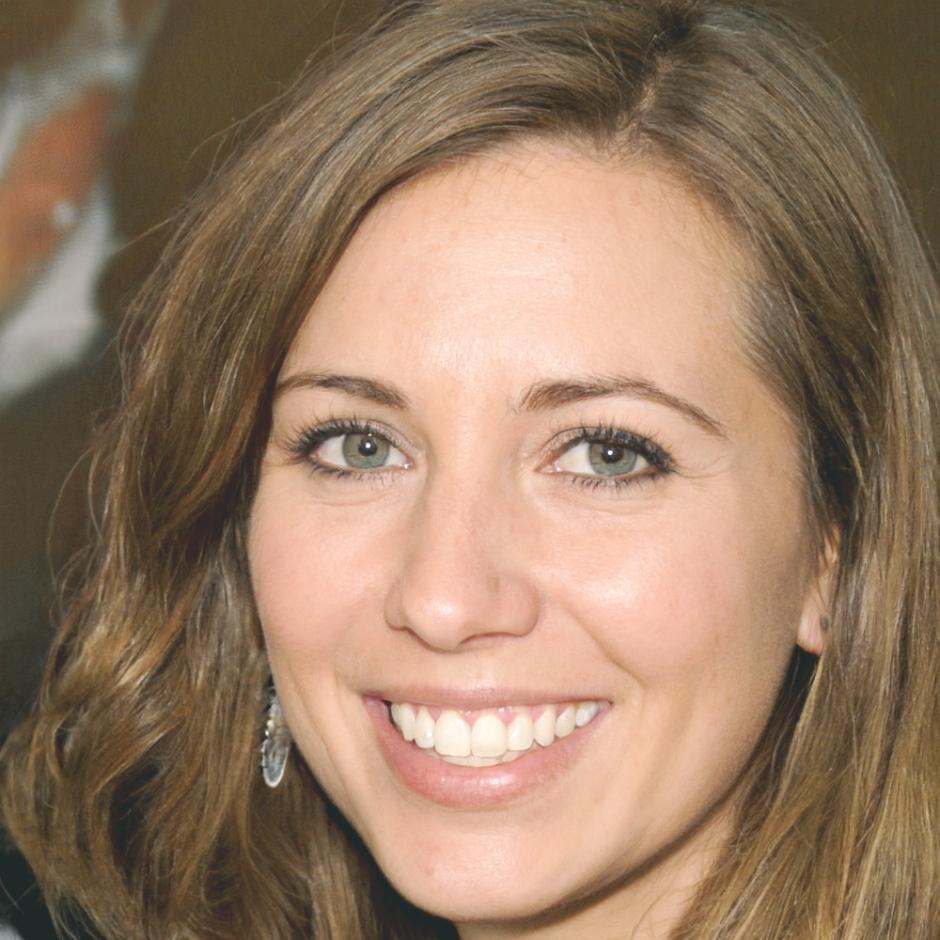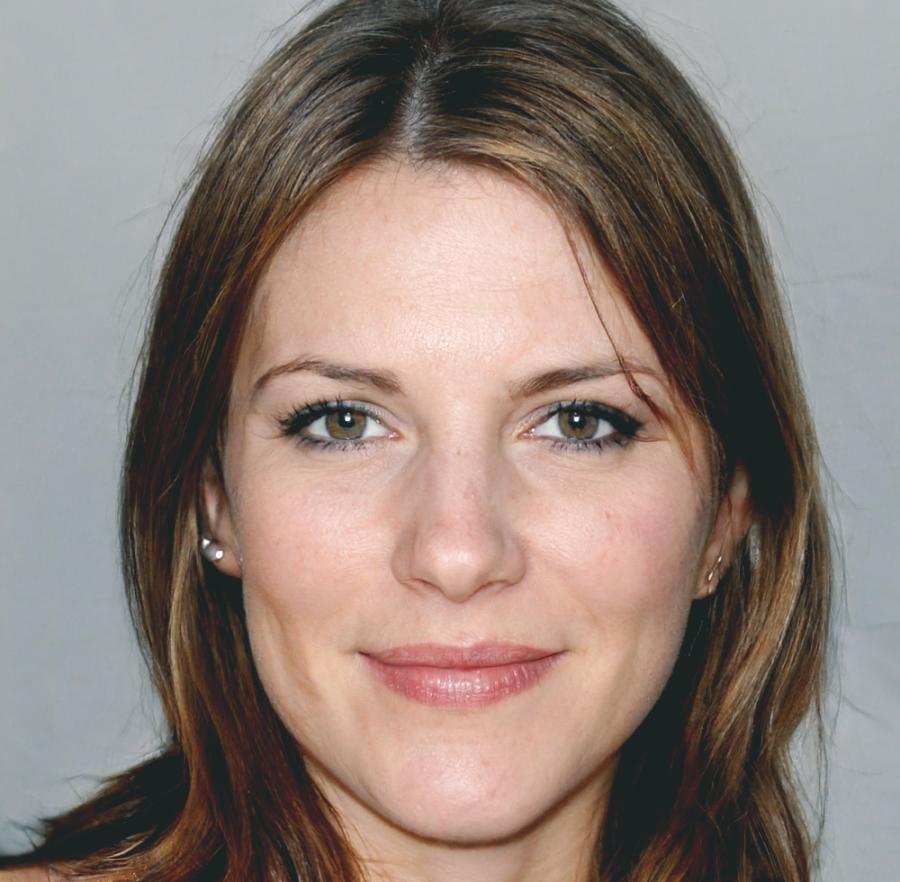Learning Through Real Financial Expertise
Budget variance analysis isn't something you pick up from textbooks alone. It takes years of working with actual businesses, seeing patterns, and understanding what the numbers really mean.
Our approach centres on mentorship from professionals who've spent their careers analysing budgets across different industries. You'll learn from their experiences—the successes and the mistakes.
Who You'll Learn From
These aren't just teachers. They're finance professionals who still work with clients and bring current, practical knowledge into every session.

Vaughn Kepler
Lead Finance Mentor
Spent 14 years working with manufacturing companies on budget controls. He's seen what happens when variances go unnoticed for too long.

Briony Tallis
Senior Budget Analyst
Worked in retail finance for over a decade. She knows how seasonal changes and market shifts impact budget planning.

Electra Finch
Financial Systems Specialist
Started in public sector accounting before moving to corporate finance. She bridges the gap between theory and real-world application.

How We Teach Budget Analysis
-
Case-Based Learning
You'll work with actual financial data from businesses—modified for privacy, but real scenarios with all their complexity intact.
-
Guided Analysis Sessions
Small group work where instructors walk you through their thought process. You'll see how they spot red flags and assess variance significance.
-
Individual Mentorship
Regular one-on-one sessions where you can dig into concepts you're struggling with or explore areas that interest you most.
-
Progressive Skill Building
Start with basic variance identification and work up to complex scenario analysis over the autumn 2025 intake period.
Questions Students Usually Ask
We've organised these by when they typically come up during your learning experience.
Before You Start
- Do I need advanced accounting knowledge?
- What's the time commitment each week?
- Can I work full-time while studying?
- How hands-on is the instruction?
- When does the next intake begin?
During the Program
- What if I fall behind on coursework?
- Can I get extra help with difficult concepts?
- How are the practical assessments structured?
- Do I work alone or with other students?
- What software tools will I use?
After Completion
- What skills will I have developed?
- Can I reach out to instructors later?
- Are there advanced programs available?
- How do I apply what I've learned?
- Is there a professional network?
Ongoing Support
- Can I access materials after finishing?
- Are there refresher sessions offered?
- How does mentorship continue?
- What resources stay available?
- Can I return for specific topics?

What Sets Our Instruction Apart
-
Current Industry Practice
Our instructors work with clients throughout the year, so teaching reflects what's actually happening in Australian businesses right now.
-
Real Problem-Solving
Less focus on memorising formulas, more on understanding why variances occur and what they mean for business decisions.
-
Personal Teaching Approach
Small cohorts mean instructors get to know your learning style and can adjust their guidance accordingly.
-
Practical Application Focus
Every concept is taught with examples from actual businesses—you'll see how variance analysis works in different contexts.